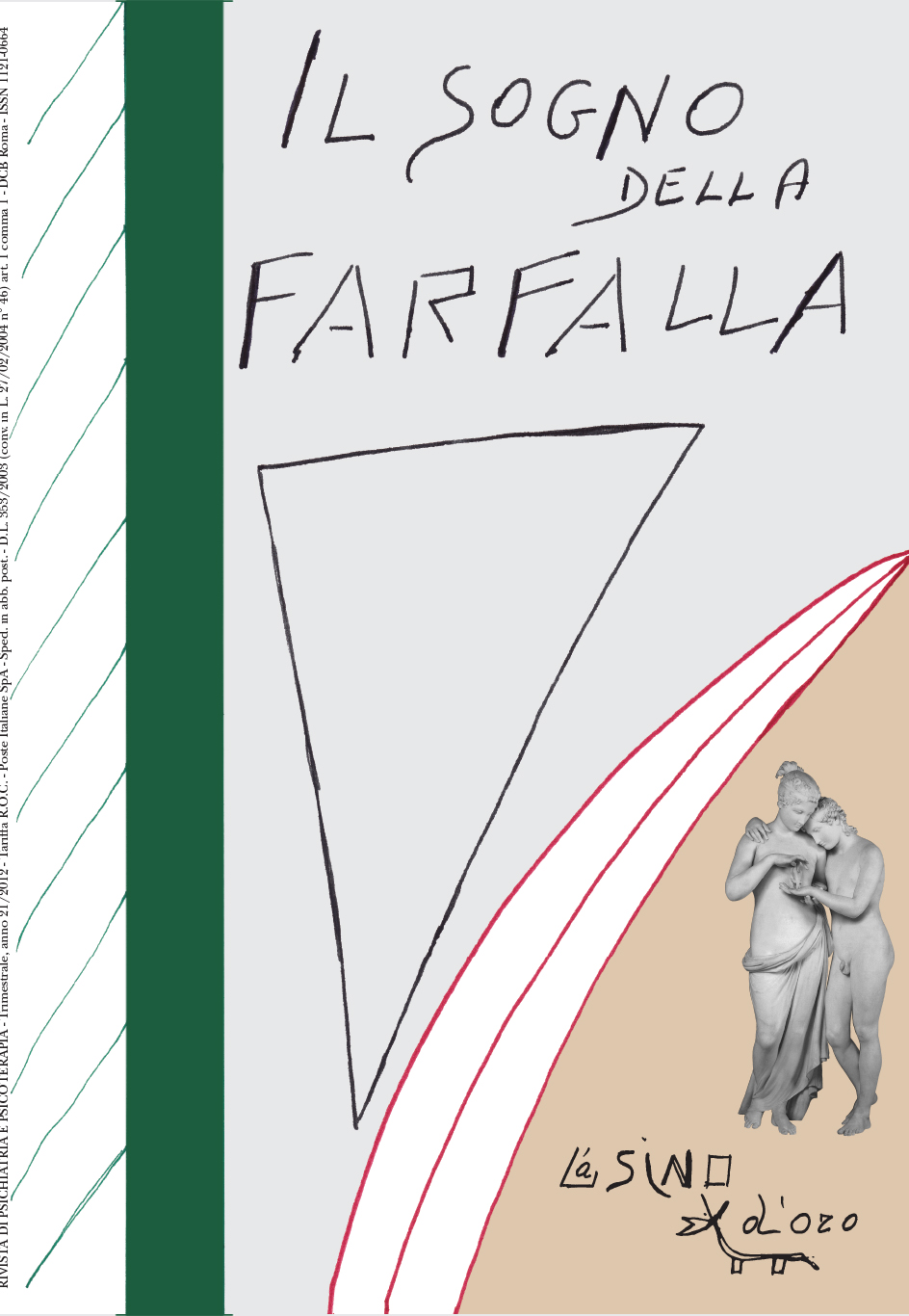Supervision of therapeutic rapport in psychiatric emergencies
Abstract
The aim of this article is to deal with the complex topic of supervision in the clinical practice of psychiatric emergencies. Drawing from clinical practice experience carried out in public psychotherapeutic and psychiatric training schools, the author empirically highlights the difficulties in teaching the practice and methodology of the patient-physician relationship, based on conscious and particularly unconscious relational dynamics. The training approach in psychiatric emergencies is then outlined in three fundamental steps: the analysis of clinical cases both individually and in group, the rapport between the resident and attending physician and finally the mentoring supervision carried out by the latter towards the former. Finally, the paper analyses some specific and fundamental aspects which distinguish Massimo Fagioli’s theoretical framework from other approaches for what concerns the methodological training in psychiatric emergencies practice.


